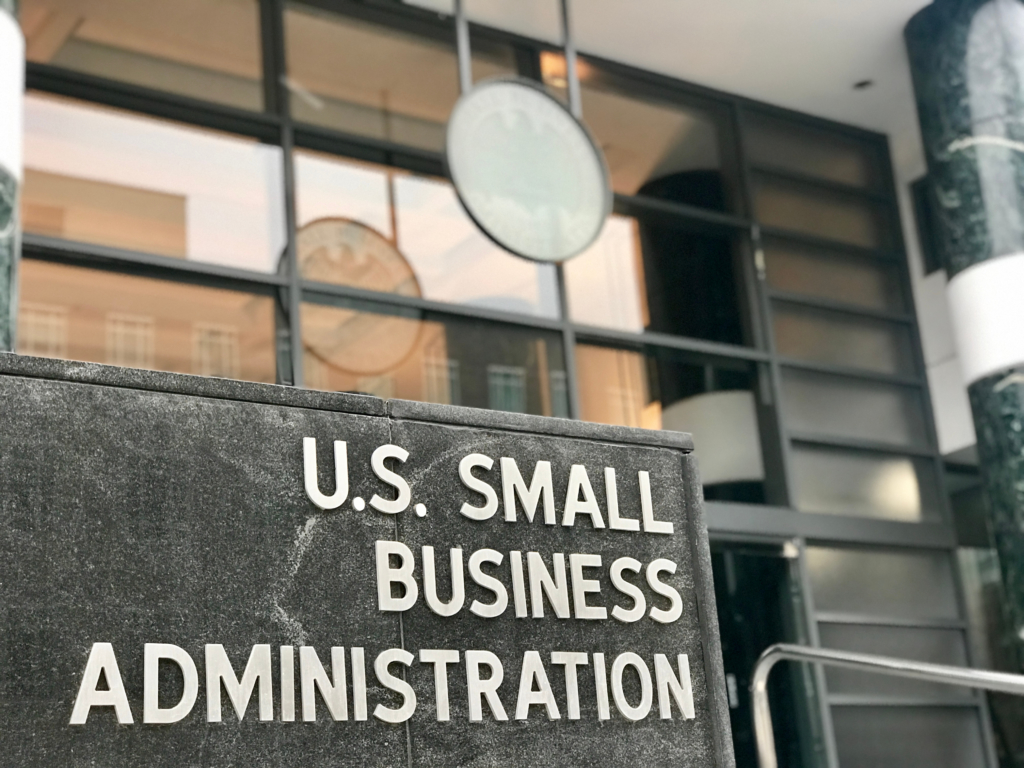By Sam Van Kopp and Andrew Victor
January 25, 2022
In Odyssey Systems Consulting Grp., Ltd., the Office of Hearings and Appeals (“OHA”) of the Small Business Administration (“SBA”) decided its first size appeal interpreting SBA’s October 2020 final rule as it relates to small business mergers and size re-certifications in task order competitions under Multiple Award Contracts (“MACs”). While OHA ultimately decided the appeal on timeliness grounds, OHA provided commentary that suggests that it will permit the target of mergers to remain eligible for task orders despite becoming other than small.
Generally, a business must certify as “small” when submitting an offer for a set-aside contract. As SBA clarified in its October 2020 final rule, re-certification requirements for contractors bidding on task orders under an unrestricted or small business set-aside MAC are slightly different. When a small business bids on a task order issued pursuant to a set-aside MAC, it is not obligated to re-certify as a small business. Since MACs may last for many years, this raises a question of fairness when the small business has grown to become other than small, as may occur if the business is the target of a merger. As a result, SBA’s final rule amended 13 CFR § 121.404(g) so that, if a merger occurs “within 180 days of an offer and the offeror is unable to recertify as small, it will not be eligible as a small business to receive the award of the contract.” SBA added that in set-aside MACs, “the agency cannot count any new or pending orders issued pursuant to the contract [after the merger] towards its small business goals.” The additional language seemed unnecessary— why specify that a contract can’t count towards a small business goal if the awardee is ineligible in the first place?
Odyssey Systems involved just such a question. Appellant Odyssey Systems protested the award of a set-aside MAC task order to Millennium Engineering and Integration LLC (“MEI”), which had merged within 180 days of its offer. The merger rendered MEI other than small, but MEI did not re-certify its size and the CO did not request re-certification. Odyssey Systems argued that SBA’s revised rules required MEI to re-certify it size status, which would make it ineligible for award.
OHA denied the appeal on timeliness grounds, but also commented on the SBA’s new language in § 121.404(g). OHA concluded that “the consequence of a merger or acquisition involving a prime contractor is not that the prime contractor becomes ineligible for award of pending or future task orders, but rather that the procuring agency cannot claim goaling credit for those orders.” Otherwise, “there would be no need to clarify that a procuring agency could not claim goaling credit for new orders issued to a prime contractor following a merger or acquisition, if the prime contractor were not eligible for such orders in the first instance.”
The upshot is that OHA’s interpretation represents a practical approach to the realities of small businesses. As SBA reiterated in its final rule, the agency encourages growth and does not want to either disrupt the procurement process or discourage firms from doing business with the government.
